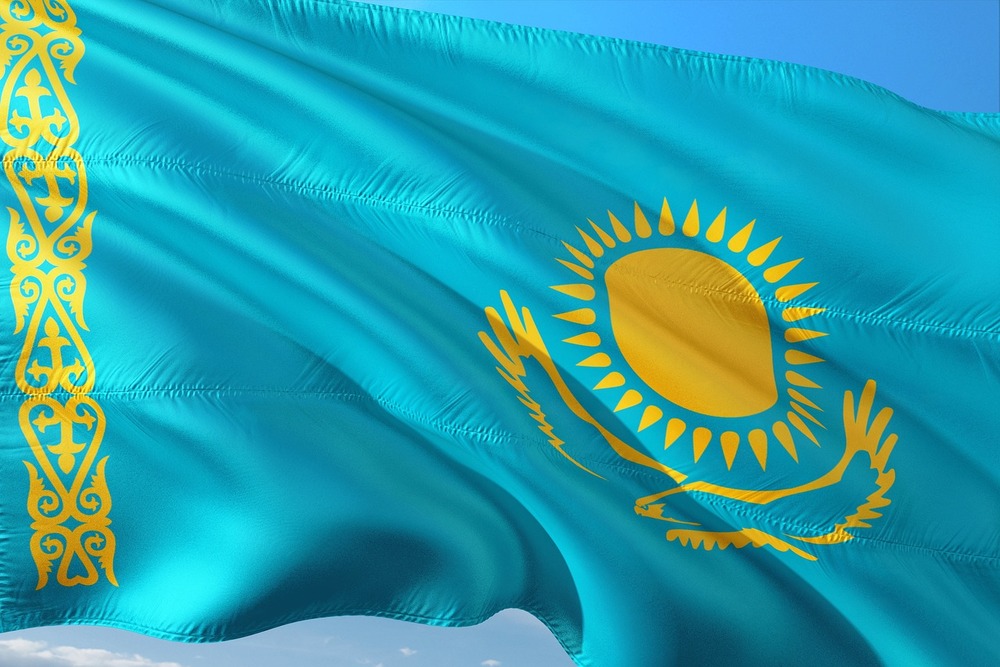Kazakhstan is taking a major step into the cryptocurrency world, with National Bank Chairman Timur Suleimenov announcing the creation of a state crypto reserve. This move aims to harness seized digital assets and state-mined cryptocurrencies to strengthen the country’s financial strategy.
The reserve will be co-managed by a National Bank affiliate, signaling a new era for regulated digital finance in Central Asia.
Kazakhstan to Build a State Crypto Reserve
The National Bank of Kazakhstan is spearheading the establishment of a national crypto reserve to add digital assets to the country’s economic framework. The reserve will be funded by confiscated crypto assets, such as those seized from illegal activities, and cryptocurrencies mined through state-backed operations.
Timur Suleimenov emphasized that this initiative, possibly overseen by a National Bank affiliate, aims to create a transparent and secure system for managing these assets.
By utilizing the Astana International Financial Centre (AIFC), which hosts 11 licensed cryptocurrency exchanges, Kazakhstan aims to ensure the legal and regulated circulation of digital assets. The reserve aligns with the bank’s broader push for a digital tenge and a stablecoin, Crypto-DT, to facilitate transactions and stabilize value.
This strategy positions Kazakhstan as a regional leader in regulated cryptocurrency markets, striking a balance between innovation and oversight.
Tightening Crypto Regulations
Kazakhstan’s National Bank is intensifying efforts to regulate the crypto sector to curb illegal activities and enhance transparency. Since 2023, the bank has enforced the Law on Digital Assets, closing 36 unregulated exchanges and confiscating 4,000 mining devices by 2024. The bank requires miners and exchanges to obtain licenses through the AIFC or the National Bank, with 84 mining licenses expected to be issued by 2023.
In May 2025, the bank introduced stricter rules for stablecoin issuers and over-the-counter desks, mandating anti-money laundering compliance and customer verification. The bank also launched a digital tenge pilot, paving the way for a central bank digital currency (CBDC).
Kazakhstan’s move to create a crypto reserve mirrors an example in the U.S. For example, Arizona recently passed House Bill 2324, which allows the state to store and manage cryptocurrencies seized during criminal investigations.
Find Cryptocurrencies to Watch and Read Crypto News on the Go Follow CryptosToWatch on X (Twitter) Now

